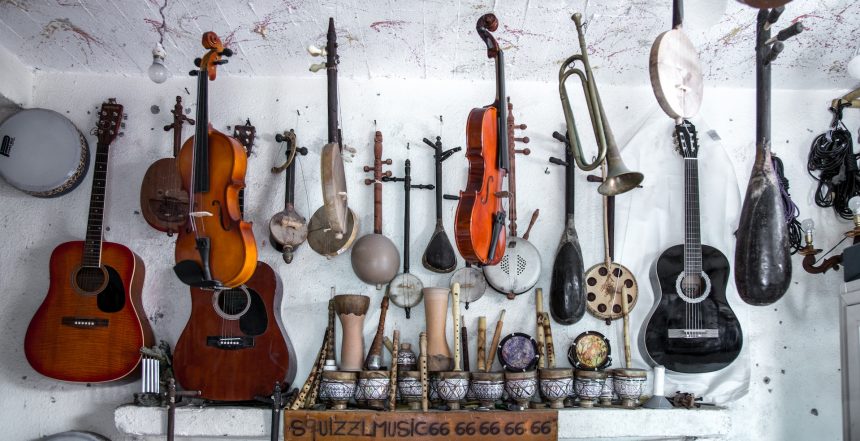In a harmonious initiative, the Wisconsin Conservatory of Music is gearing up for its biennial #BeInstrumental drive, dedicated to supplying musical instruments to students and schools facing economic challenges. This noble cause has already made a profound impact on students like Citlalli, Adrian Jesus, and Cesar Gabriel Marin Rivera, who have been exposed to classical music from a young age.
Their mother, Rocio Rivera Herrera, attributes her children’s discipline and talent to their early exposure to classical tunes during her pregnancies. Notably, three of her children, Citlalli (12), Adrian Jesus (11), and Cesar Gabriel (7), are now mastering the violin, thanks to instruments donated by the Wisconsin Conservatory of Music.
The #BeInstrumental drive, scheduled for October 7th, seeks to collect gently used musical instruments and equipment to distribute to students and schools in southeast Wisconsin. The conservatory’s commitment to making music education accessible is evident in its regular collection of donations, but the biennial drive amplifies these efforts.
Student-level violins, a primary focus, can cost up to $1,500, posing a financial barrier for many families. To bridge this gap, the #BeInstrumental drive encourages the community to contribute instruments at four designated locations in the Milwaukee area: Audubon Court Shopping Center in Fox Point, Brass Bell Music in Milwaukee, Music & Arts in Muskego, and the conservatory itself.
John Bragle, the conservatory’s director of community programs, emphasized the drive’s purpose, stating, “These instruments are meant to be played, and we want to get them into the hands of someone who wants to play.” The conservatory aims to match donated instruments with the specific needs of students or schools, cultivating a passion for music among recipients.
Since its inception in 2017, the #BeInstrumental drive has collected around 350 instruments, fostering a sense of community and shared musical experiences. However, the demand remains high, particularly for instruments like fractional-size violins and brass instruments.
Apart from instruments, the conservatory welcomes financial contributions to its repair fund, ensuring that donated instruments are in optimal condition for students. The cleaning and repair process incurs an average cost of $200 per instrument.
Conservatory president and CEO Eric Tillich emphasized the drive’s broader impact, stating, “We always talk about children who wouldn’t have their pathway to music if we weren’t able to give this opportunity.” The initiative not only provides instruments but also instills a lifelong appreciation for music.
The Marin Rivera siblings’ father, Adrian Marin Cervantes, expressed his excitement for his children to have their own instruments, freeing them from reliance on borrowed violins from their school’s music program. Citlalli, now in possession of her own violin, is not only advancing her musical skills but also cherishing the instrument as a personal possession.
As the Wisconsin Conservatory of Music prepares for the #BeInstrumental drive, it invites the community to join hands in creating a symphony of opportunities for students, ensuring that every aspiring musician has the chance to explore their musical potential.







